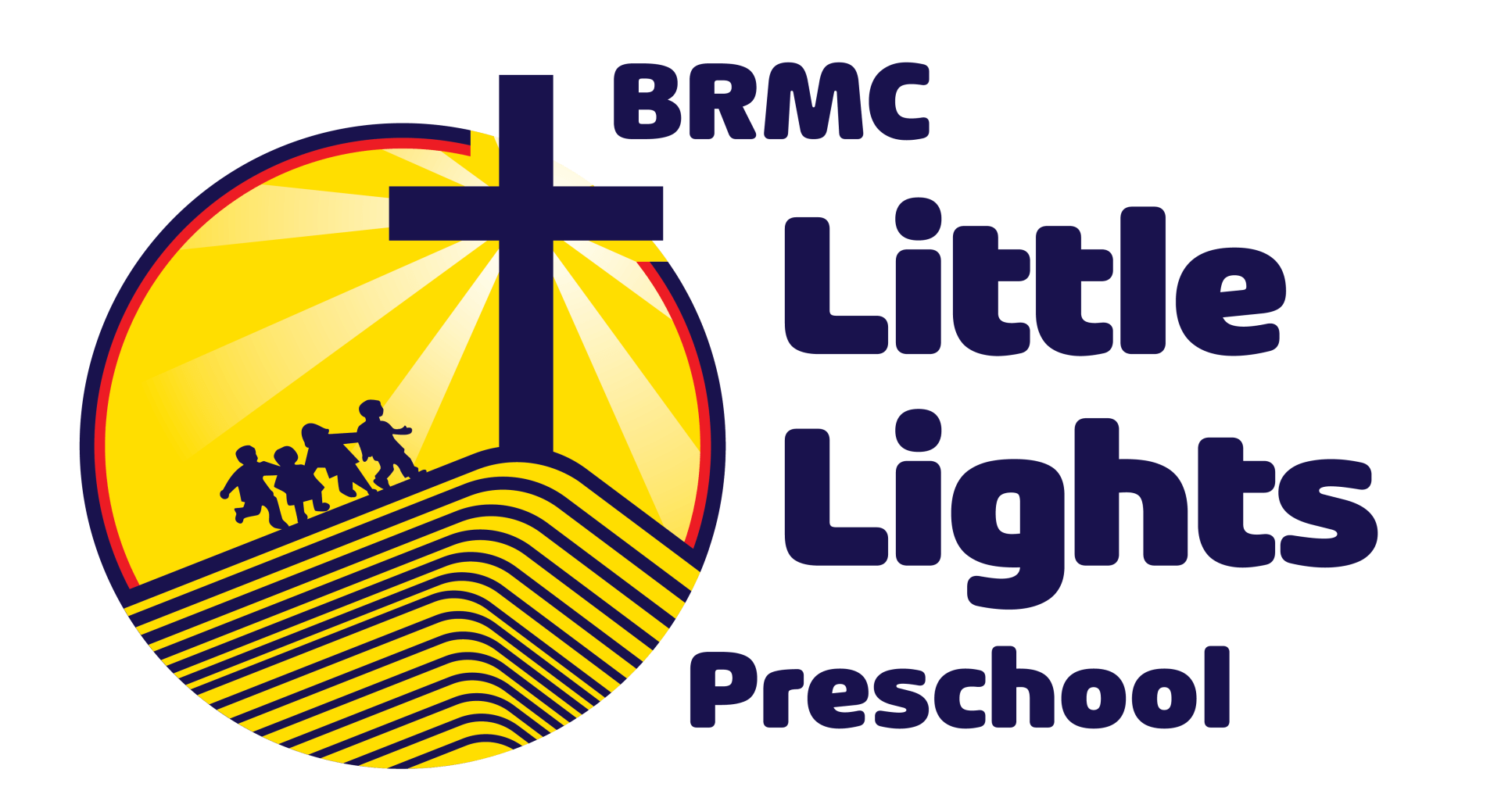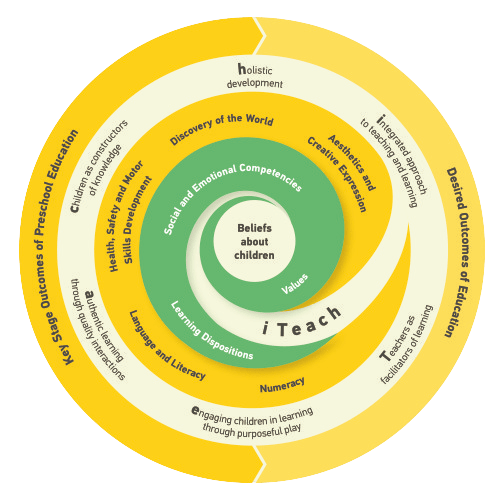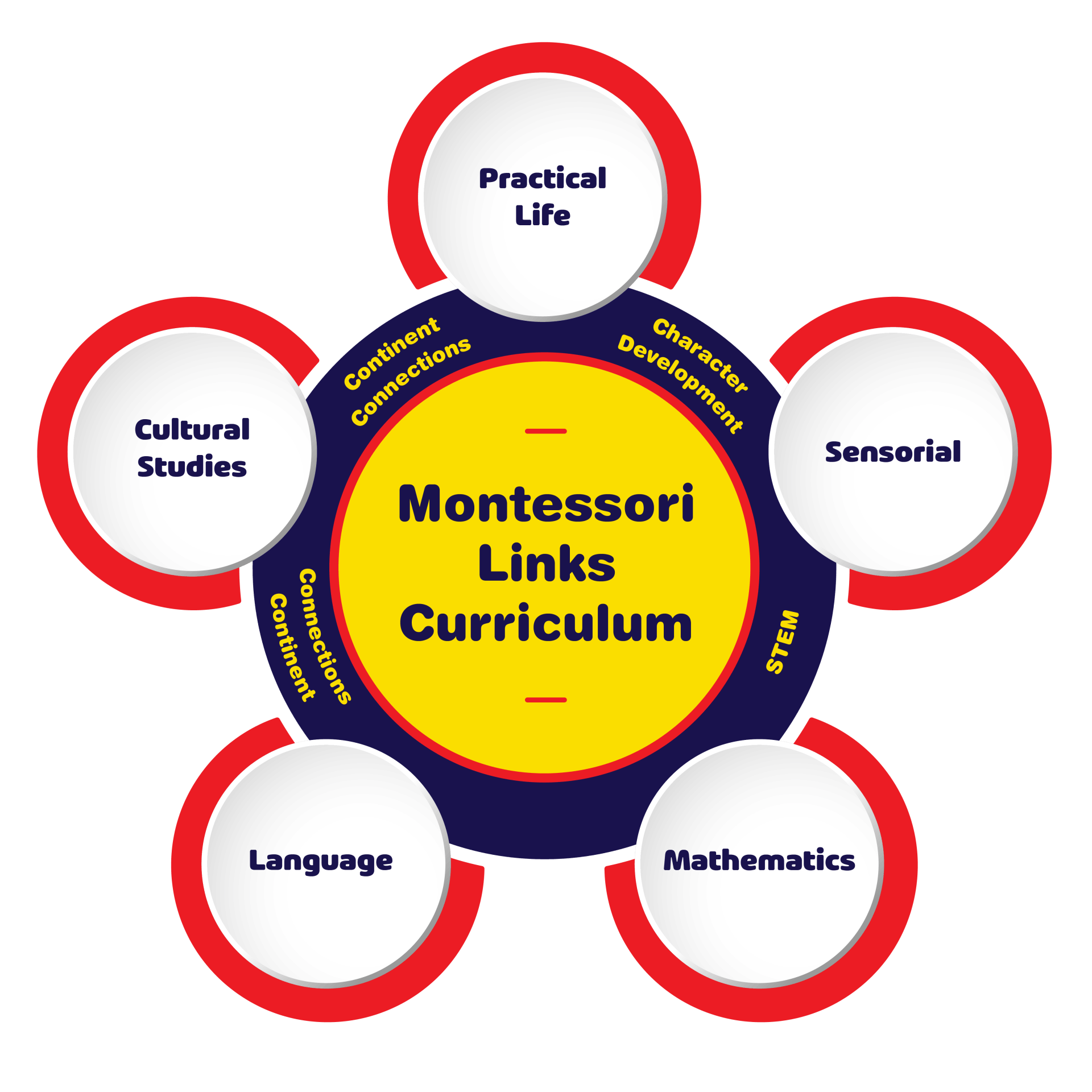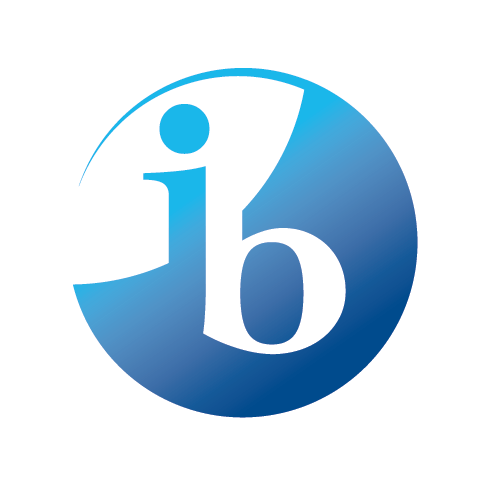Proprietary BRMC Little Lights Curriculum
At BRMC Little Lights Preschool - Barker, we integrate the International Baccalaureate (IB) Primary Years Programme (PYP) and the Nurturing Early Learners (NEL) by the Ministry of Education, Singapore.
BRMC Little Lights Preschool - Barker has a unique offering of the IB-PYP and the NEL Framework by the Ministry of Education (MOE). We integrate two high quality programmes to ensure the best curriculum and approaches to learning for our students. Our curriculum is planned according to six PYP Transdisciplinary Themes and they are:
Where we are in
place and time
How we organise ourselves
How we express ourselves
How the world works
Sharing the planet
Who we are
Each transdisciplinary theme is developed with a Central Idea by reflecting on the students’ interests, questions and ideas. The Central Idea is connected to the lines of inquiry and concepts that encourage the inquiry learning process among the students. Being active learners, students learn new concepts through exploration, making inquiries and hypotheses. The Central Idea enables the students, teachers and community to have a voice, choice and ownership in the inquiry learning process. Opportunities are provided for the students to use their knowledge, concepts, skills, attitudes and actions in each Central Idea inquiry. Academic skills and other learning domains and dispositions are mapped to NEL to ensure that our students are ready for Primary One.
Nurturing Early Learners (NEL)
A curriculum framework for kindergartens in Singapore, the NEL Framework was published by the Ministry of Education (MOE) in 2012 to guide preschool teachers in designing and implementing a quality kindergarten curriculum for children aged four to six.
The
NEL Framework aims to build the foundation for children to achieve the desired outcomes of education and key stage outcomes by helping them acquire knowledge, skills and dispositions through six learning areas (Aesthetics and Creative Expression, Discovery of the World, Language and Literacy, Motor Skills Development, Numeracy and Social and Emotional Development) as well as six learning dispositions (Perseverance, Reflectiveness, Appreciation, Inventiveness, Sense of wonder and curiosity and Engagement). The core of the NEL Framework focuses on the child and highlights the belief that children are curious, active and competent learners.
STEAM
Science, Technology, Engineering, Arts, and Mathematics
Future proofing our children
STEAM is an educational approach that incorporates the arts into the more familiar STEM model. Reintegrating art and design into education has been demonstrated to increase the happiness and well-being of students. We see an increasing need for STEAM concepts to integrate with the arts across the wider curriculum. To give an idea, we have introduced 3D printer technology to our K2 children. The 3D printing course is anchored by the art department to focus on the central ideas and transdisciplinary themes such as Singapore and Around the World. 3D printing brings STEAM together through its transdisciplinary aspect, where children will create fun art pieces involving mathematical concepts such as symmetry and repeated patterns. Children will be shown how these designs and shapes can be printed using 3D printers and witness how science and technology enable this. We also offer introduction to Robotics and early computer programming.
STEAM education in BRMC Little Lights Preschool provide students on both campuses to have the opportunity to learn creatively, using 21st century skills such as problem-solving and inventive thinking. We hope that students will be inspired to see the possibilities of how they can embrace new ideas and technologies.
Practical Life
Includes life skills to help develop independence, coordination, concentration, self-control, self-awareness, and confidence.
Sensorial
Allows the child to refine each of their senses and develop fine motor skills, visual and auditory senses, as well as the ability to order and classify.
Cultural Studies
Lets the child explore the natural world around them, which includes studying Geography, Zoology, Botany, History, and Science.
Mathematics
Preparation starts with the sensorial area, using hands-on learning materials. Each exercise builds upon another and the child gradually moves from concrete to abstract areas such as place value, addition, subtraction, multiplication, and fractions.
Language
Based on phonetic awareness, Language is not an isolated topic but runs through the curriculum. The spoken language is the foundation for writing, and then reading.



